Gait
Recent articles
Motor difficulties in autism, explained
Most people with autism have motor difficulties, ranging from an atypical gait to problems with handwriting, but researchers still have much to learn about their causes and consequences.
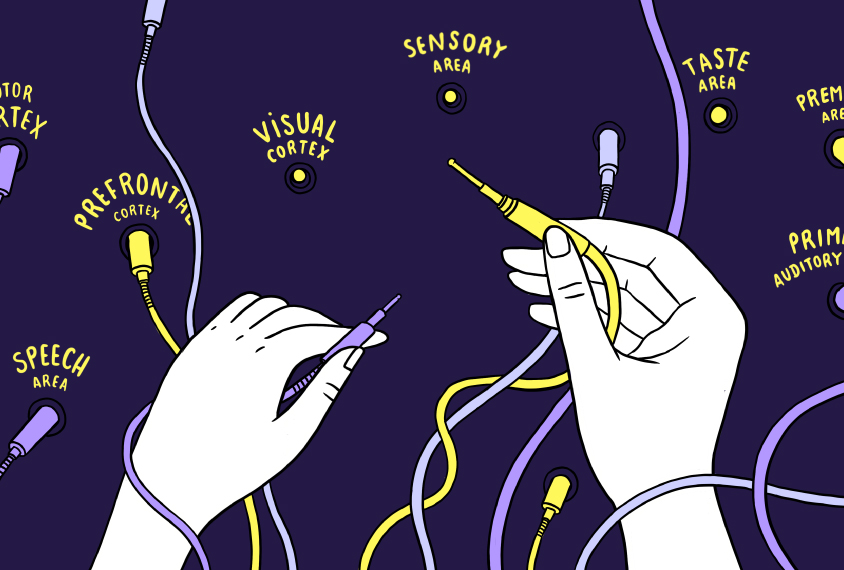
Motor difficulties in autism, explained
Most people with autism have motor difficulties, ranging from an atypical gait to problems with handwriting, but researchers still have much to learn about their causes and consequences.
Unusual gait marks mice with mutations related to autism
Mouse models of two genetic conditions related to autism show abnormalities in their movement patterns.
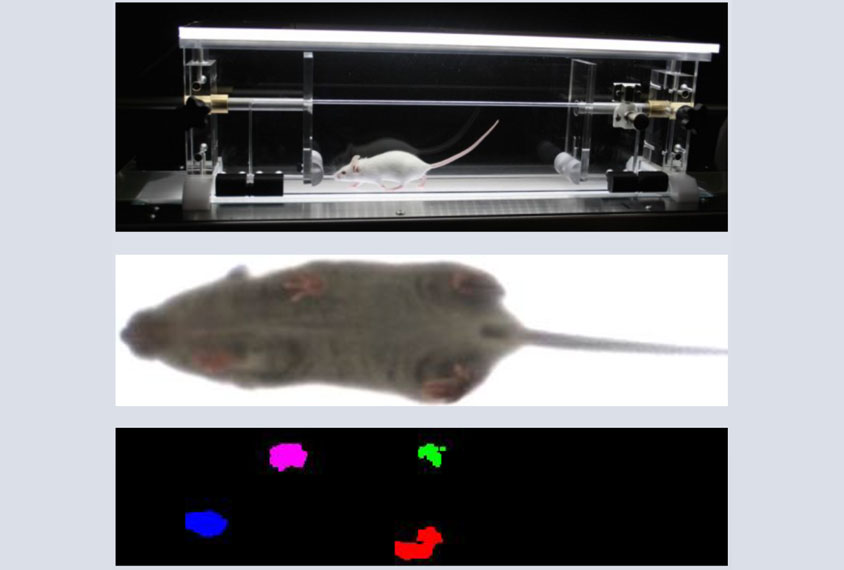
Unusual gait marks mice with mutations related to autism
Mouse models of two genetic conditions related to autism show abnormalities in their movement patterns.
Walking in virtual environment may reveal unique autism gait
A two-belt treadmill attached to a specialized display suggests that people with autism have a distinct walking style.
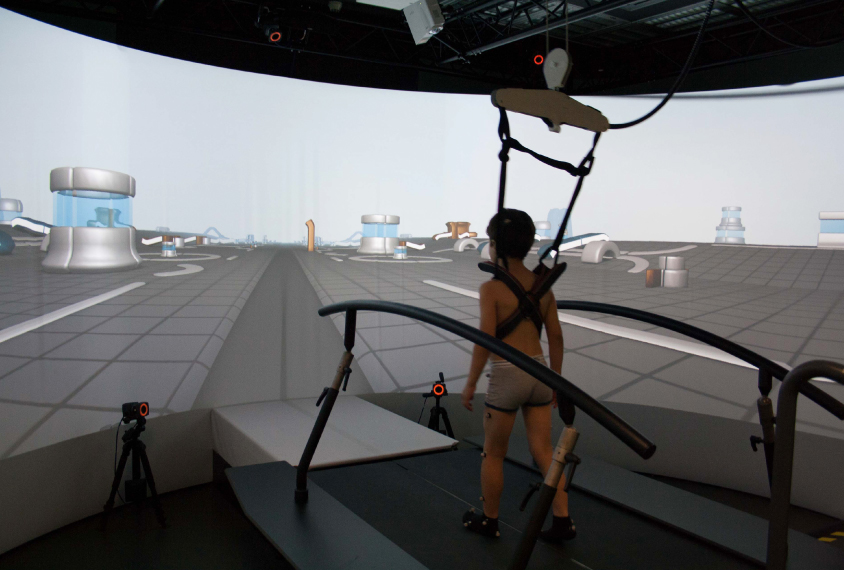
Walking in virtual environment may reveal unique autism gait
A two-belt treadmill attached to a specialized display suggests that people with autism have a distinct walking style.
Siblings of children with autism may have trouble with motor tasks
Siblings of children with autism have motor difficulties similar to those in autistic children, but milder.
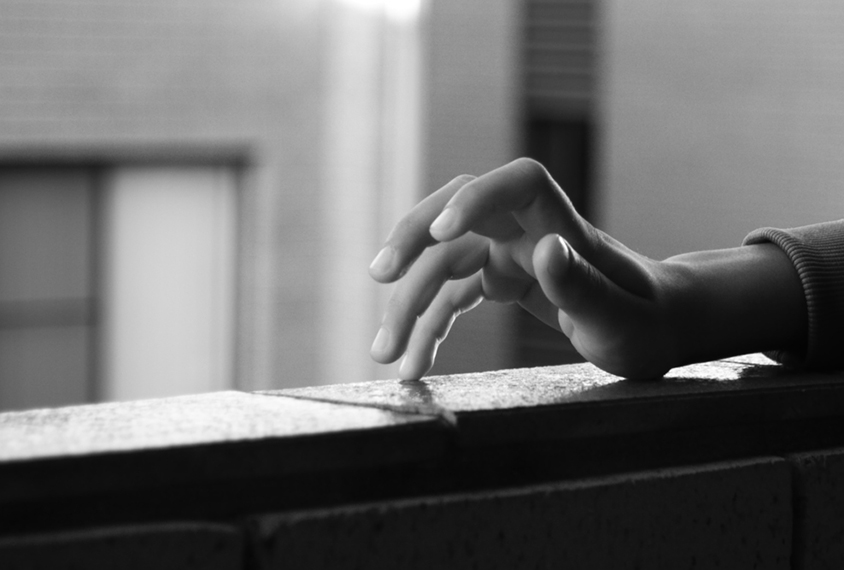
Siblings of children with autism may have trouble with motor tasks
Siblings of children with autism have motor difficulties similar to those in autistic children, but milder.
Mutations in autism gene may trigger milder effects than does its loss
People with mutations in SHANK3 have milder features than do those missing a chunk of DNA that includes the gene.
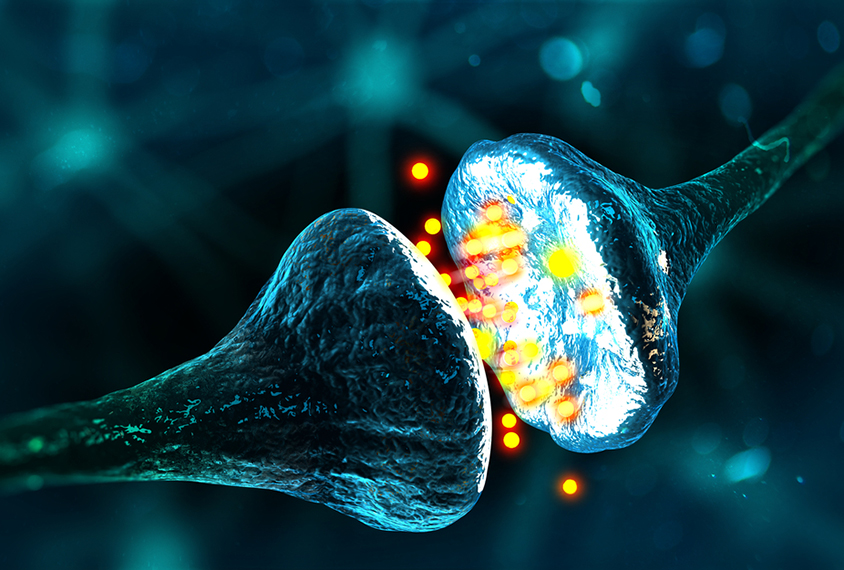
Mutations in autism gene may trigger milder effects than does its loss
People with mutations in SHANK3 have milder features than do those missing a chunk of DNA that includes the gene.
Walking doesn’t deliver language gains for children with autism
Children with autism do not show the burst of vocabulary growth that usually accompanies learning to walk.

Walking doesn’t deliver language gains for children with autism
Children with autism do not show the burst of vocabulary growth that usually accompanies learning to walk.
Experimental Huntington’s drug improves gait in Rett mice
A candidate drug in clinical trials for Huntington's disease reverses gait problems in a mouse model of Rett syndrome.
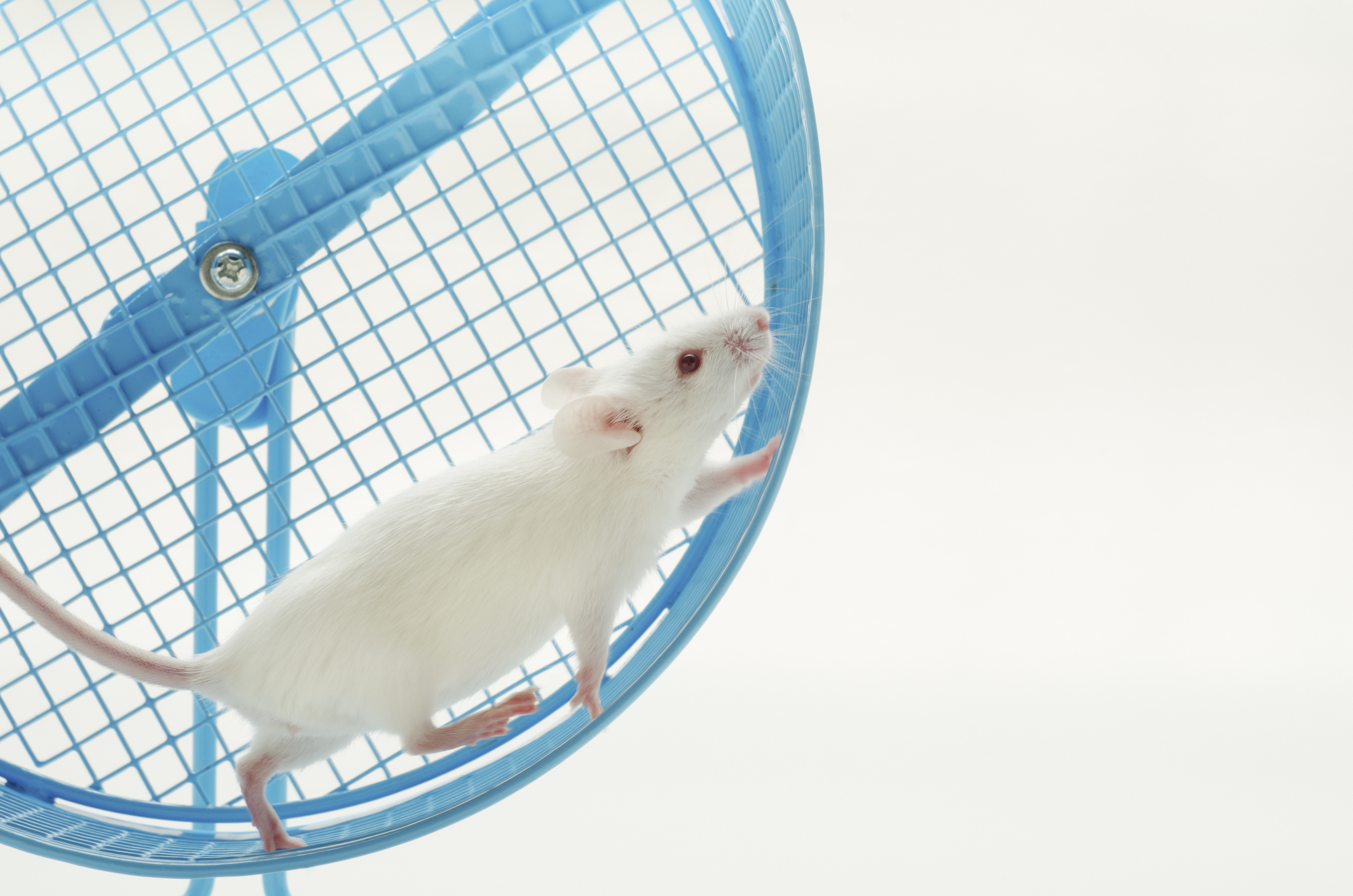
Experimental Huntington’s drug improves gait in Rett mice
A candidate drug in clinical trials for Huntington's disease reverses gait problems in a mouse model of Rett syndrome.
Drug improves gait in children with Phelan-McDermid syndrome
A new measure of motor skills suggests that insulin-like growth factor 1 improves movement in people with Phelan-McDermid syndrome.
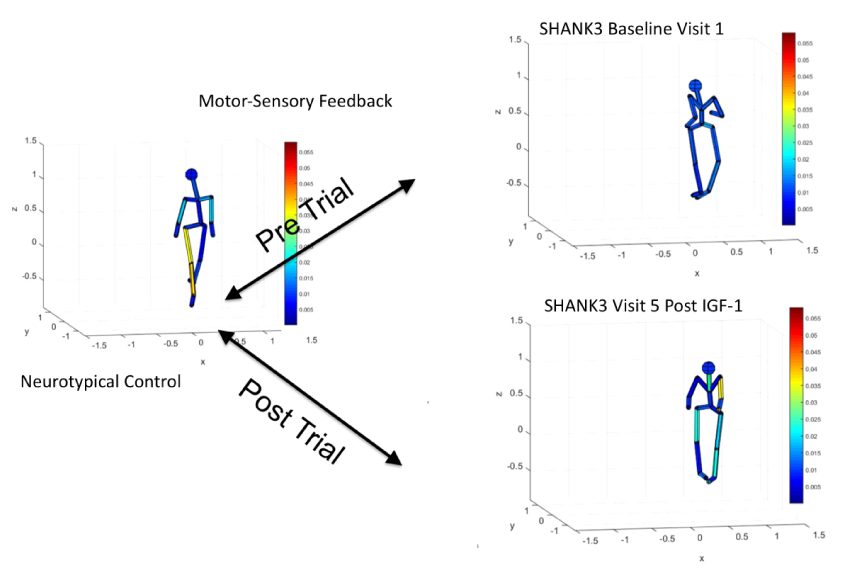
Drug improves gait in children with Phelan-McDermid syndrome
A new measure of motor skills suggests that insulin-like growth factor 1 improves movement in people with Phelan-McDermid syndrome.
Autism in motion
Children with autism are often clumsy, physically awkward or uncoordinated. This understudied and nearly ubiquitous feature has researchers contemplating a new idea: Could motor problems be one source of autism’s social difficulties?
Autism in motion
Children with autism are often clumsy, physically awkward or uncoordinated. This understudied and nearly ubiquitous feature has researchers contemplating a new idea: Could motor problems be one source of autism’s social difficulties?
Repurposed drugs may treat Angelman syndrome
An acne drug, a dietary supplement and a failed sleeping aid each show promise for Angelman syndrome, according to unpublished results presented Tuesday at a meeting.

Repurposed drugs may treat Angelman syndrome
An acne drug, a dietary supplement and a failed sleeping aid each show promise for Angelman syndrome, according to unpublished results presented Tuesday at a meeting.
Explore more from The Transmitter
Newly awarded NIH grants for neuroscience lag 77 percent behind previous nine-year average
Since President Donald Trump took office on 20 January, the National Institute of Neurological Disease and Stroke and the National Institute of Mental Health have awarded one quarter as many new grants as during the same two-month period, on average, since 2016.
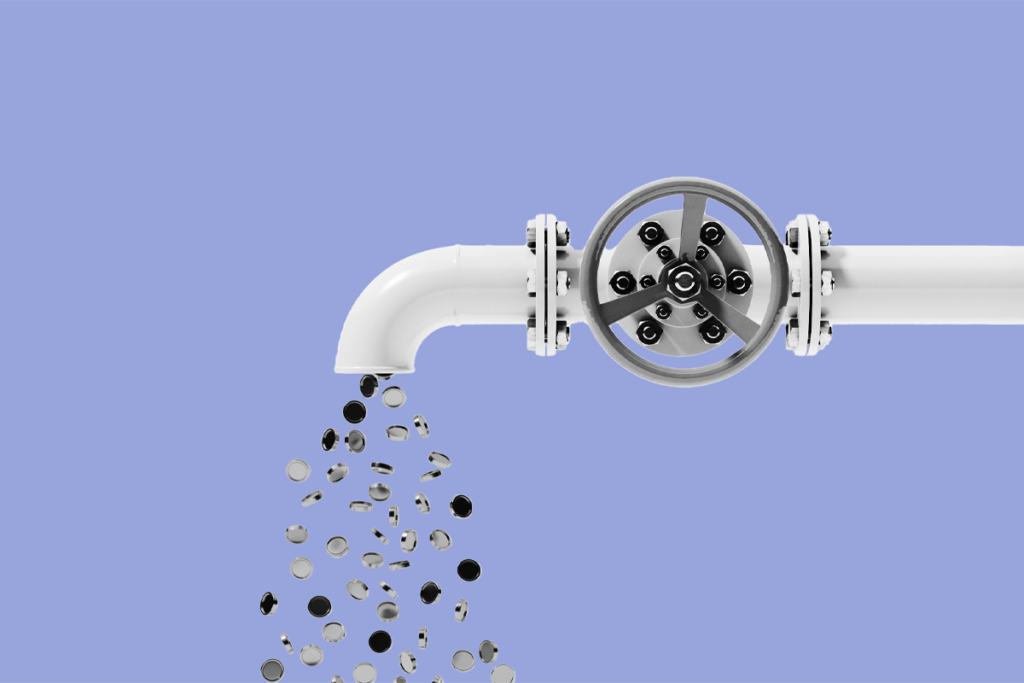
Newly awarded NIH grants for neuroscience lag 77 percent behind previous nine-year average
Since President Donald Trump took office on 20 January, the National Institute of Neurological Disease and Stroke and the National Institute of Mental Health have awarded one quarter as many new grants as during the same two-month period, on average, since 2016.
Releasing the Hydra with Rafael Yuste
Losing HHMI Investigator status caused Yuste to study neural networks in a new way.
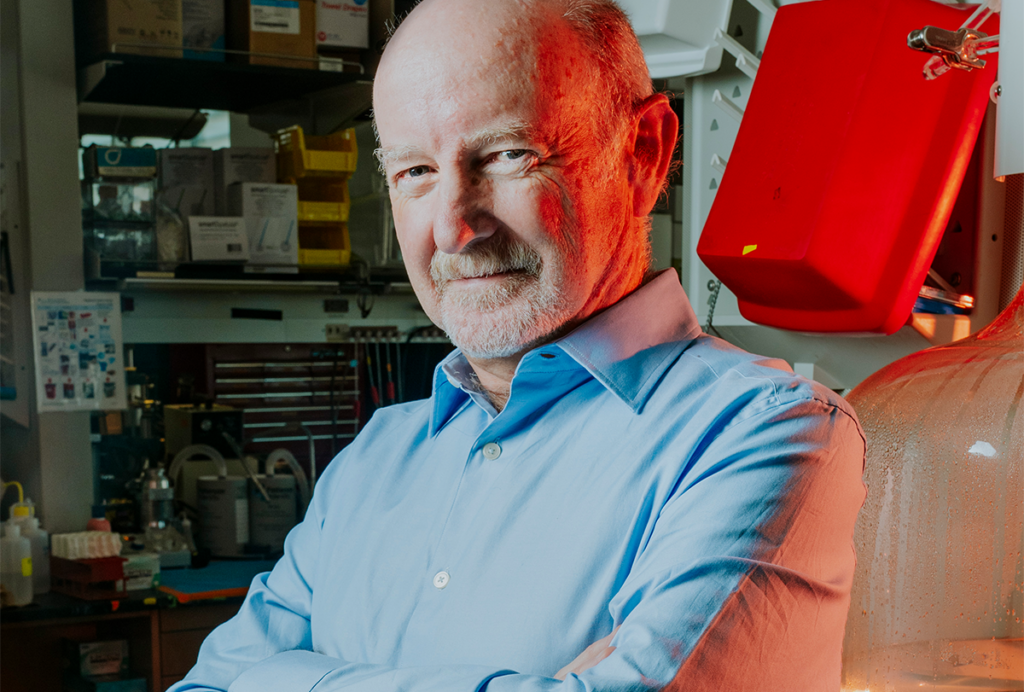
Releasing the Hydra with Rafael Yuste
Losing HHMI Investigator status caused Yuste to study neural networks in a new way.
Coding error caused layoffs at National Institute of Neurological Disorders and Stroke this week, source says
Thirty employees—including 11 lab heads—at the institute should “immediately return to work,” according to an email the institute’s Office of Human Resources sent to top administration at the institute Wednesday evening.
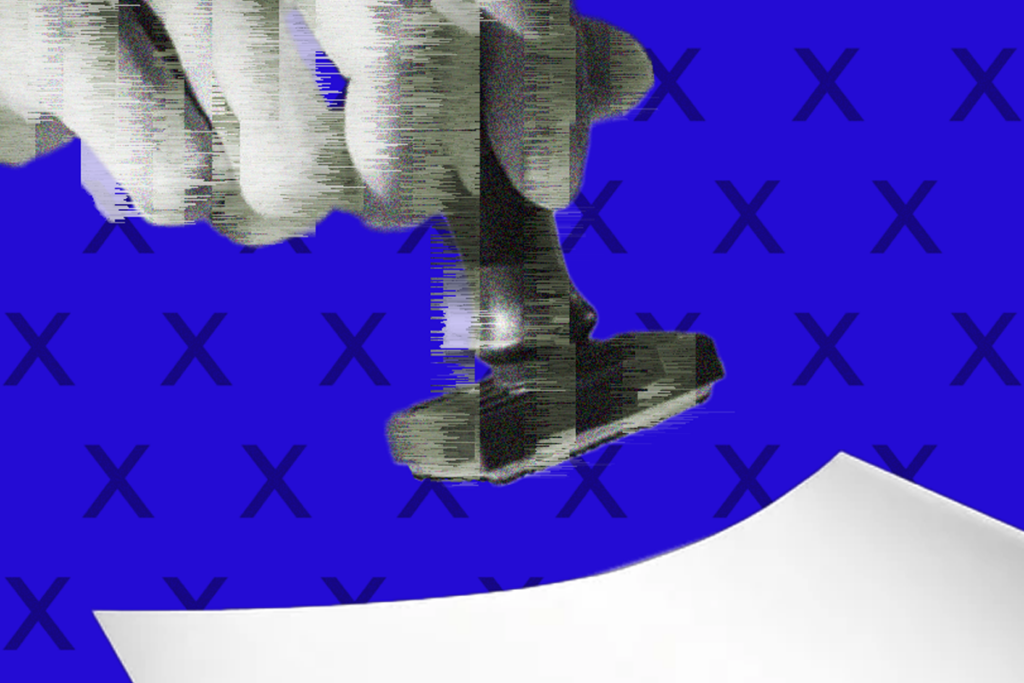
Coding error caused layoffs at National Institute of Neurological Disorders and Stroke this week, source says
Thirty employees—including 11 lab heads—at the institute should “immediately return to work,” according to an email the institute’s Office of Human Resources sent to top administration at the institute Wednesday evening.